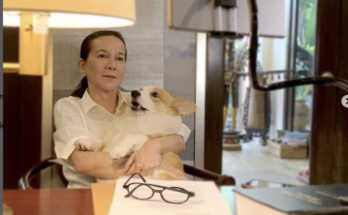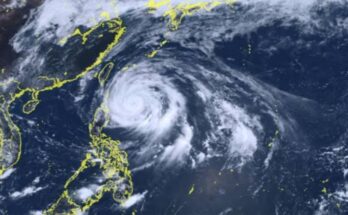SPEAKER MartinRomualdez on Friday welcomed the signing by President Ferdinand “Bongbong” R. Marcos Jr. of the ARAL (Academic Recovery and Accessible Learning) bill into law.
“This landmark piece of legislation is designed to ensure that students in both the public and private education system who are lagging in their learning process will not be left behind,” the leader of the 300-plus-strong House of Representatives said.
“The law is consistent with the economic development mantra of the Marcos administration that calls for giving every Filipino the opportunity to improve so that he catches up with the rest of our population in terms of making life better for themselves,” Speaker said.
The ARAL program would provide a free and effective national intervention mechanism for students struggling in their lessons, especially in reading, mathematics, and science, to attain competencies set by the Department of Education (DepEd).
Romualdez added that it would address learning difficulties for basic education learners and provide solutions based on assessments by DepEd personnel.
The program is intended for those who have returned or are returning to school after a furlough; those who are below the minimum proficiency levels required in reading, mathematics, and science; and those who fail in examinations as evaluated by teachers during the course of the school year.
Students who meet the minimum proficiency levels may be allowed to enroll in ARAL supplemental classes during the summer break.
Similarly situated learners enrolled in private schools shall be provided the same interventions under the law. The DepEd shall determine which of these schools qualify for the intervention program.
Teachers, para-teachers, and pre-service teachers may be enlisted as ARAL program tutors, provided that teachers shall not be tutors of their learners.
Teachers who serve as tutors shall be compensated in accordance with existing rules of DepEd and the Department of Budget and Management (DBM), provided that they have already rendered six hours of actual classroom teaching.
Para-teachers, on the other hand, shall be paid from the DepEd budget or the special education fund of local government units where the learners’ schools are located.





